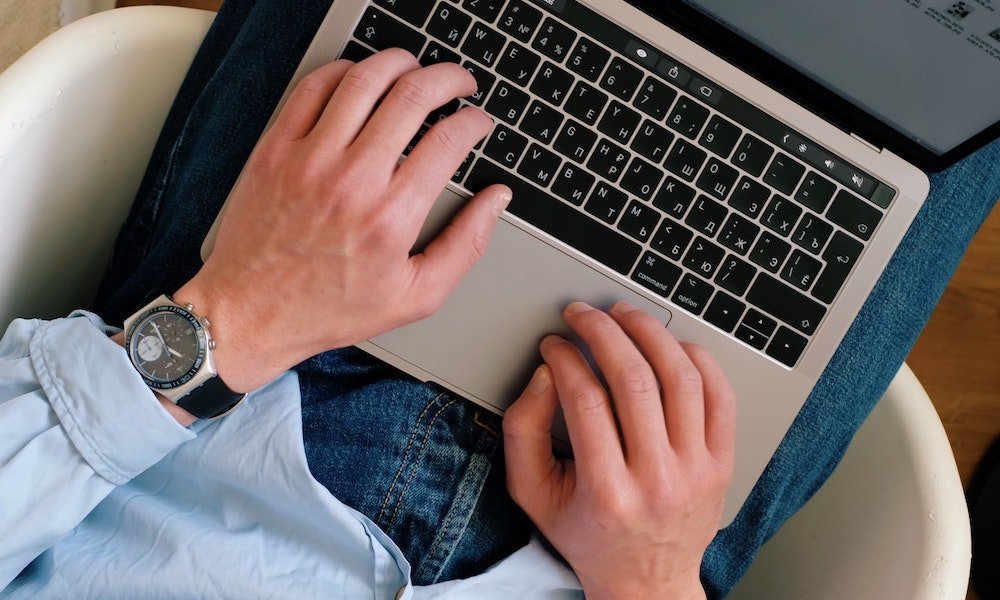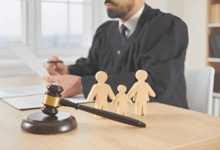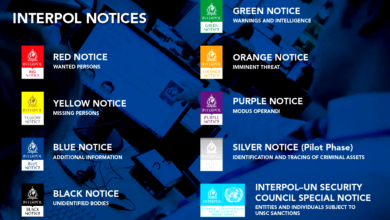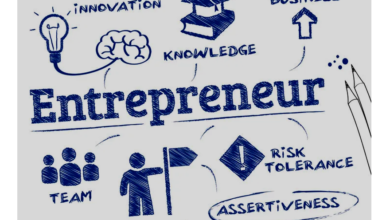SOCIAL MEDIA IS HERE TO STAY. LEARN HOW TO KEEP SAFE ONLINE.

SOCIAL MEDIA, In today’s digital age, social media has become an integral part of our lives. It allows us to connect with friends and family, share our thoughts and experiences, and stay updated on current events. However, with the increasing popularity of social media platforms, it’s crucial to prioritize online safety. This article aims to provide you with essential tips and guidelines to keep yourself safe while using social media.
In this interconnected world, understanding the significance of online safety is paramount. Social media platforms are prone to various risks, including identity theft, cyberbullying, scams, and unauthorized access to personal information. By implementing effective safety measures, you can protect yourself from these potential threats.
Read More: BYN MELLON SUFFERS FROM DATA LEAK
Creating Strong and Unique Passwords
One of the fundamental steps to enhance your online safety is to create strong and unique passwords for your social media accounts. Avoid using common phrases, personal information, or easily guessable patterns. Instead, opt for a combination of upper and lowercase letters, numbers, and special characters.
Enabling Two-Factor Authentication
Two-factor authentication adds an extra layer of security to your social media accounts. By enabling this feature, you will be required to provide a secondary verification, such as a unique code sent to your mobile device, in addition to your password. This significantly reduces the chances of unauthorized access.

Adjusting Privacy Settings
Every social media platform offers privacy settings that allow you to control who can view your posts, photos, and personal information. Take the time to review and customize these settings according to your preferences. Limit the visibility of your content to trusted individuals and avoid sharing sensitive details with the public.
Being Mindful of Sharing Personal Information
While social media encourages sharing, it’s essential to be cautious about divulging personal information. Avoid sharing your full name, address, phone number, or financial details on public platforms. Think twice before posting personal photos that may reveal sensitive information.
Recognizing and Avoiding Phishing Attempts
Phishing is a common method used by cybercriminals to deceive individuals and gain access to their accounts. Be vigilant when clicking on suspicious links or providing login credentials on unfamiliar websites. Double-check the email sender’s address and be cautious of any unexpected requests for personal information.
Identifying and Handling Suspicious Accounts
Fake or suspicious accounts can pose a significant threat to your online safety. Be cautious when accepting friend requests or engaging with unknown individuals. Look for signs of suspicious activity, such as a limited number of posts, generic profile pictures, or excessive promotional content. Report and block any accounts that raise suspicion.
Practicing Responsible Social Media Posting
Think before you post. Avoid sharing content that may compromise your privacy or reputation. Once something is shared on social media, it can quickly spread beyond your control. Be mindful of the potential consequences of your posts and consider the long-term impact they may have.
Dealing with Cyberbullying
Unfortunately, cyberbullying has become a prevalent issue on social media platforms. If you encounter any form of harassment or bullying, take immediate action. Report the incidents to the platform’s support team, block the individuals involved, and reach out to trusted friends or family for support.

Securing Your Social Media Accounts
Aside from strong passwords and two-factor authentication, keep your social media applications up to date. Regularly check for updates and install them promptly to ensure that you have the latest security features and bug fixes.
Regularly Updating Your Devices and Applications
Keeping your devices and social media applications updated is crucial for maintaining online safety. Developers frequently release security patches and updates to address vulnerabilities. Set your devices and apps to update automatically, or regularly check for updates manually.
Limiting Third-Party Access
Many social media platforms allow third-party applications to access certain information from your profile. Review and manage these permissions to ensure that only trusted applications have access to your data. Remove any unnecessary or unused third-party applications.
Monitoring Your Online Reputation
Your online reputation matters. Conduct periodic searches of your name on search engines to see what information is available about you online. If you discover any inaccurate or harmful content, take steps to address and remove it. Be mindful of what you post and engage with online to maintain a positive online image.
Conclusion
Social media has undoubtedly transformed the way we connect and communicate. While it offers numerous benefits, it’s essential to prioritize your online safety. By following the tips outlined in this article, such as creating strong passwords, adjusting privacy settings, and being cautious of phishing attempts, you can enjoy the benefits of social media while keeping yourself safe.
Read More: CAN CAMP LEJEUNE VICTIMS STILL FILE A CLAIM?

FAQs
Q1. Can I use the same password for multiple social media accounts?
Using the same password for multiple accounts is strongly discouraged. If one account gets compromised, all your other accounts will be at risk. It’s best to use unique passwords for each social media platform.
Q2. How can I recognize a phishing attempt?
Phishing attempts often involve emails or messages that appear to be from a legitimate source but aim to trick you into providing personal information. Look for signs like spelling or grammatical errors, suspicious links, or requests for sensitive data.
Q3. Is it safe to share my location on social media?
Sharing your precise location on social media can pose risks to your personal safety. It’s advisable to avoid sharing your exact location, especially when you are away from home or in unfamiliar places.
Q4. Can I trust all third-party applications on social media platforms?
Not all third-party applications are trustworthy. Before granting access to your social media data, review the permissions required by the application and ensure it comes from a reputable source.
Q5. What should I do if I’m a victim of cyberbullying?
If you experience cyberbullying, it’s important to document the incidents, block the individuals involved, and report the harassment to the platform’s support team. Reach out to trusted friends, family, or professionals for support.











